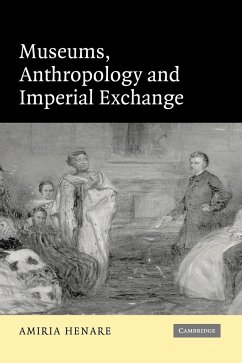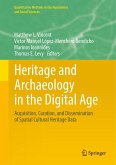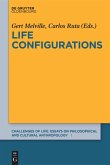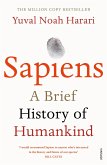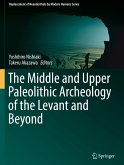Amiria Henare explores the role of material cultural research in anthropology and related disciplines from the late eighteenth century to the present. Grounded in a historical ethnography of museums in New Zealand and Scotland, the work traces the movement of artefacts now held in contemporary collections through space and time, demonstrating how and why things were bought, exchanged and stolen and carried across oceans to arrive in present-day museums. The collecting of artefacts and their study both in museums and the the field are emphasised as key strategies in the development of anthropological thought, While much late twentieth-century writing in anthropology has employed analytic models and methodologies derived from the study of language, this work belongs to a growing body of research drawing on the epistemological potency of artefacts, the distinctive insights afforded by engagement with material things.
Hinweis: Dieser Artikel kann nur an eine deutsche Lieferadresse ausgeliefert werden.
Hinweis: Dieser Artikel kann nur an eine deutsche Lieferadresse ausgeliefert werden.
"...this fascinating volume pulls together a mass of diverse and often little-known material, telling a complex and revealing story in an unusual and convincing way. It offers multiple lvels of interest within a wide range of historical fields and demonstrates, through its anthropological conceptualization, the incontrovertible interconnectedness of two apparently disparate histories throughout a long period."
Elizabeth Edwards, University of the Arts, London, Journal of Interdisciplinary History
Elizabeth Edwards, University of the Arts, London, Journal of Interdisciplinary History

